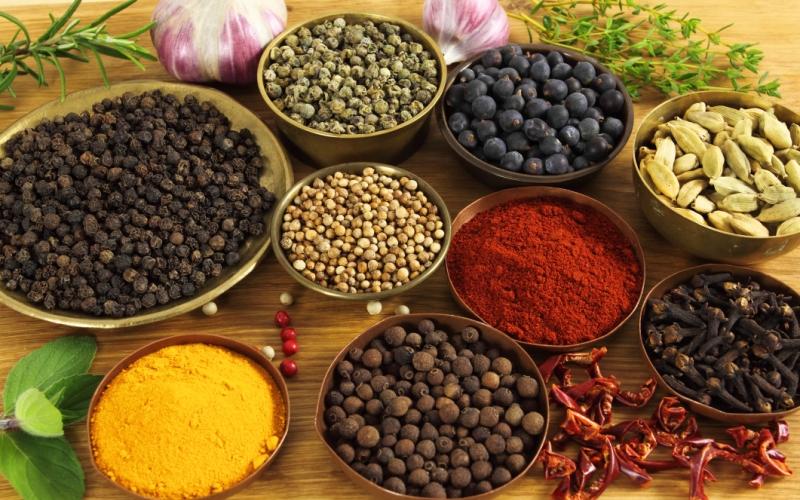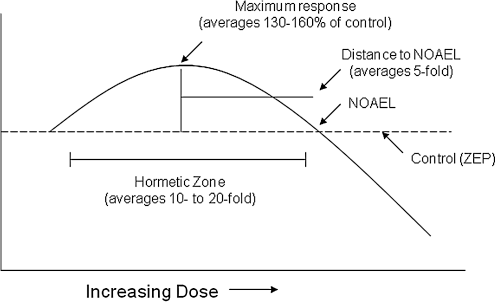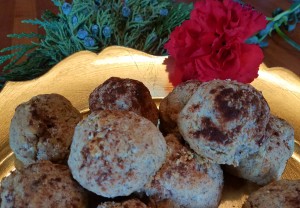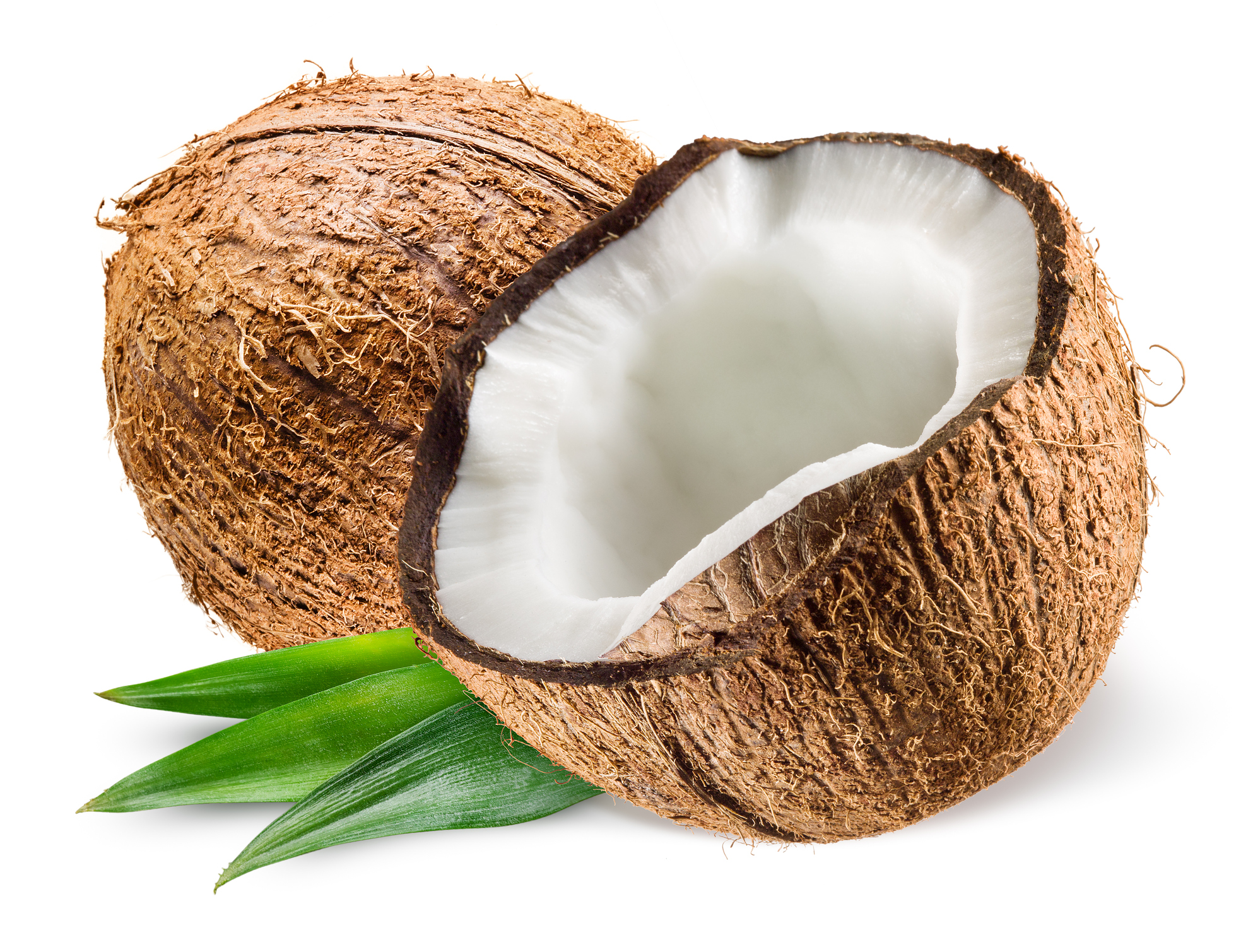Enhancing Cellular Defense Mechanisms with Adaptogens
Aging is associated with a decrease in adaptive abilities along with increased vulnerability to stress. At the same time, aging is a complex process involving a persistent activation of some stress response systems, often involving transcriptional reprogramming, and the activation of vitagenes, which can be consider a ‘geroprotective’ adaptation.13 Environmental stressors induce specific and predictable epigenetic changes that can eventually result in an adaptive response to the stimulus. It seems likely that mild stress-induced hormetic response involves mechanisms similar to those that underlie developmental epigenetic adaptations.
The illustration below shows the involvement of hormesis in the epigenetic processes that determine age-related disorders and longevity.14
Dose–response curve depicting the quantitative features of hormesis
Hormesis is a biological phenomenon whereby a beneficial effect (improved health, stress tolerance, growth or longevity) results from exposure to low doses of an agent that is otherwise toxic or lethal when given at higher doses. Continue reading “Enhancing Cellular Defense Mechanisms with Adaptogens”











